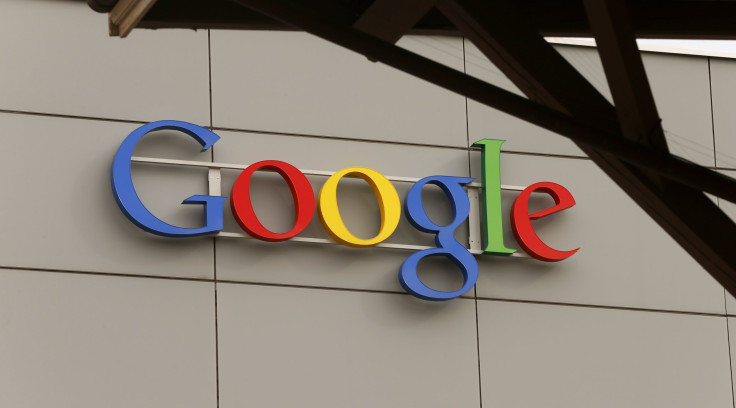Google, Microsoft and Apple to engage in new computer war

Computers are getting in their element once more. Previously dwarfed by the fast paced smartphone industry, tech giants like Google, Microsoft and Apple appear to have newfound interest in the market. According to new information, Google is teaming up with PC makers to take on Microsoft and Apple; while the two companies also work on enhancing their computer lines further.
Google made headlines following a report from The Wall Street Journal that the company will be merging its Android and Chrome OS. The tech giant was quick enough to clarify that it will be not be killing Chrome OS since it is crucial to both Google and PC markets. Chrome has been gaining attention through the years. Google will keep maintaining it as the education market and PC industry remains interested in it.
“Android still hasn’t really gained the trust of education buyers,” IDC analyst Linn Huang told Business Insider. The case is different for Chrome. The market has started trusting it. Market intelligence firm IDC predicts that this may be the reason that Google can ship as many as 7.5 million Chromebooks this year.
“I think [PC makers] and even Intel felt the need to look at alternative OSes as a means to diversify their portfolio away from Microsoft when Surface and RT launched. A butterfly flaps its wings, and Chromebooks becomes the fastest rising product in US education in a few short years,” added Huang. Chrome has also helped Google compete with Apple's iPad particularly in the education market.
Microsoft is also keeping a close watch over the industry in spite of diminished forecasts. The company just released a new Windows 10 preview for PCs. Compared to previous builds, the new preview focuses more on bug fixes and general improvements instead of new features. Microsoft also decided to extend the Windows 7 deadline until October 2016. Many believe this is the company's way of acknowledging widespread dislike of Windows 8, but some also consider it Microsoft's way of offering additional lifeline to people who wish to buy a new computer even without the Windows 10.
Contact the writer at feedback@ibtimes.com.au, or let us know what you think below.





















